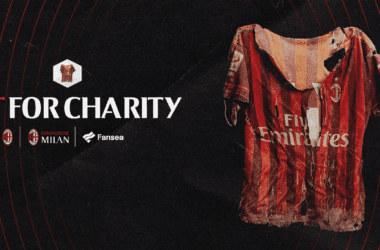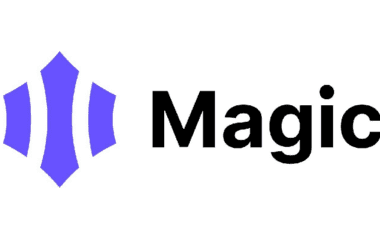Quick take:
- NFT fraud increased by 400% in the UK according to new data compiled by a local law firm.
- The raid surge also coincided with the industry’s massive spike in growth after global sales soared from about $95B in 2020 to $25B.
- The firm also attributed the spike in fraud to the raid influx of inexperienced crypto traders in the market.
Last year, the word NFT become one of the trendiest buzzwords alongside the metaverse. However, as the industry soared to cumulative sales of about $25 billion, up from $95 million in 2020, so did fraud.
According to a new report published by a UK-based law firm, NFT fraud increased by 400% in the country last year. Although the rapid growth of the industry is bound to have played a part, the report also attributes the increase in fraudulent reports to the rapid influx of non-experienced traders.
A lot of non-crypto people fell in the non-fungible token token wave, rushing in without gathering enough information to establish some knowledge of the market.
NFTs are one-of-a-kind digital items that can be minted on the blockchain. The blockchain is a decentralised ledger that securely distributes immutable data autonomously.
Understanding how the technology works is not important to start investing in NFTs, however, it is crucial to know the types of traps and places that cybercriminals are likely to put for novice traders.
According to the report, Hinesh Shah, senior associate forensic accountant and financial crime investigator at Pinsent Masons argued that NFT fraud is likely to grow further this year despite the slowdown in transaction activity.
“Widespread media coverage of the NFT boom, like the cryptocurrency boom, is attracting consumers who have very little investment experience and therefore aren’t taking basic steps such as checking if an NFT is actually an NFT.”
The report also highlights wash-trading as a case example of why the NFT scam could rise this year. Wash trading involves a few people buying a high quantity of an NFT collection to boost the transaction volume of that project, thus attracting unsuspecting buyers.
Earlier this year, LooksRare’s incentivised platform saw a few NFT projects experience a significant spike in the transactions volumes after NFT whales swooped in to boost their $LOOKS token rewards.
However, several retail NFT traders who understood the potential repercussions of the incentivised program complained about it on social media. Meebits and Azuki were among the NFT collections to benefit from LooksRare’s rewards system.
Stay up to date:





